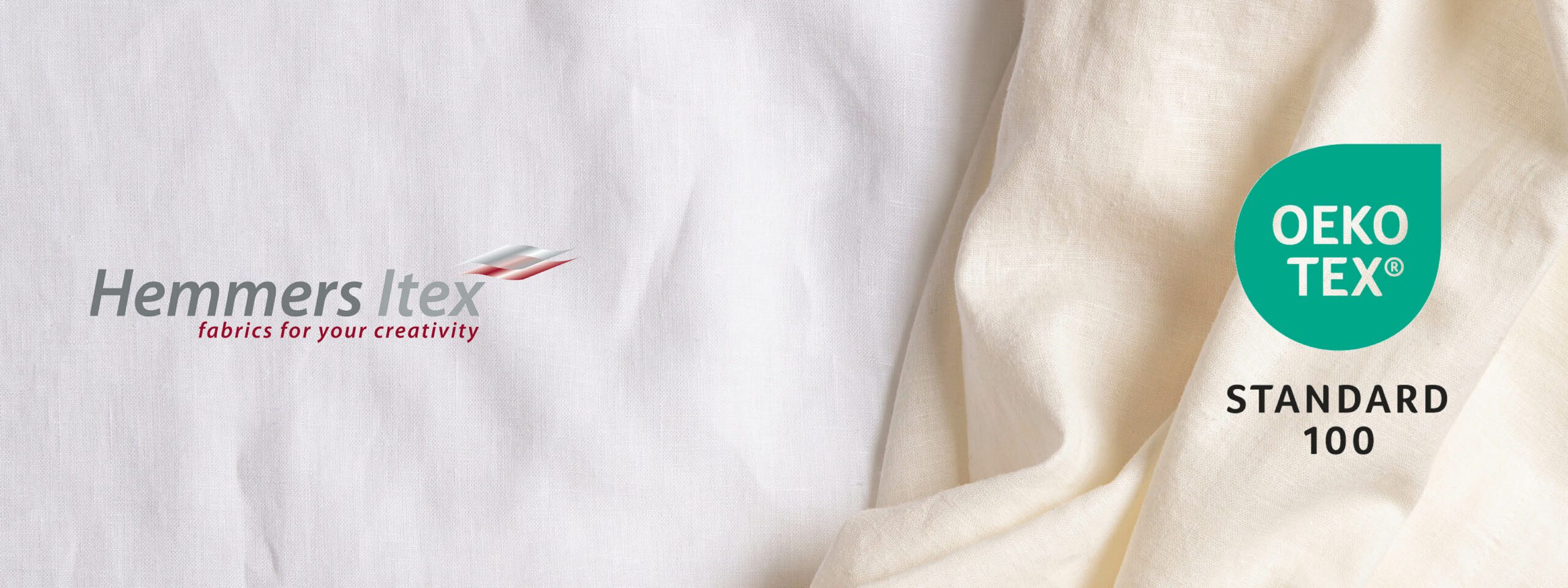OEKO-TEX® STANDARD 100
OEKO-TEX® STANDARD 100 is a globally recognised certification system for textiles. It was developed to ensure that textile products are free of harmful substances and therefore safe for human use.
The standard sets limits for various chemical pollutants that may be contained in textiles. These include, for example, heavy metals, pesticides, formaldehyde and other potentially harmful substances. The limits are regularly reviewed and updated to ensure that they reflect the latest scientific findings.

